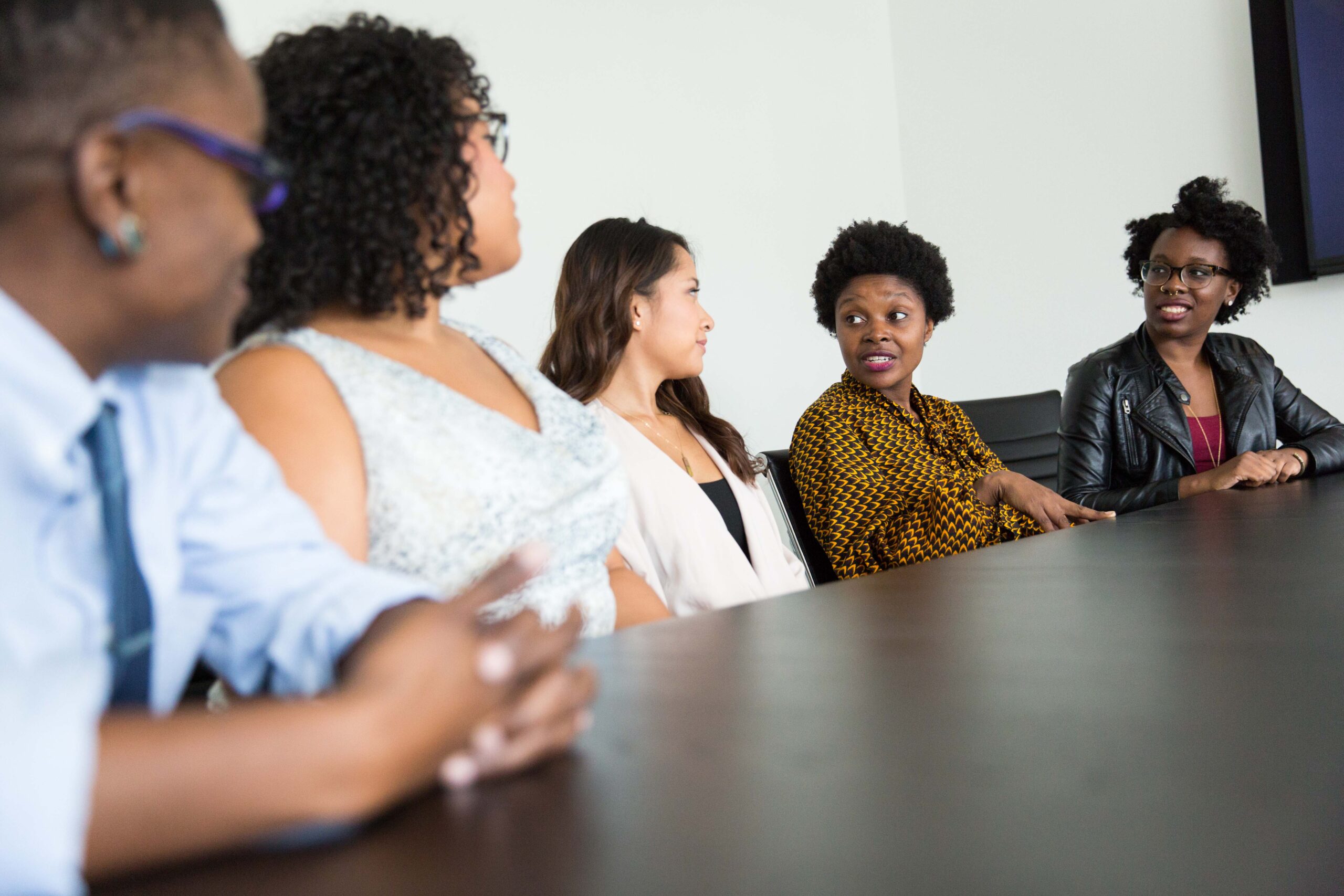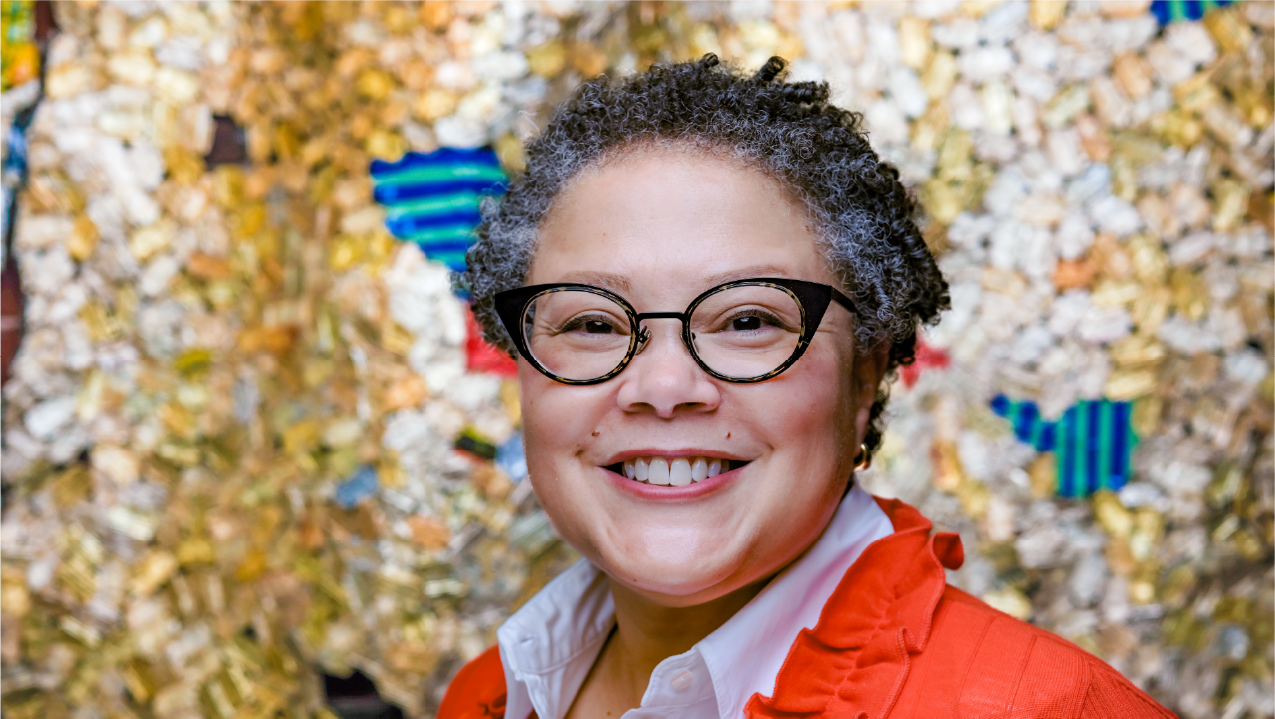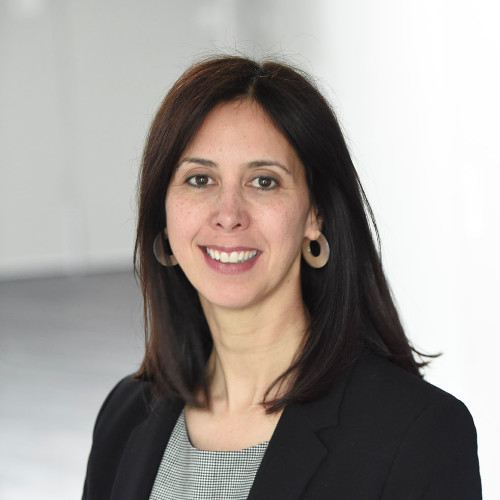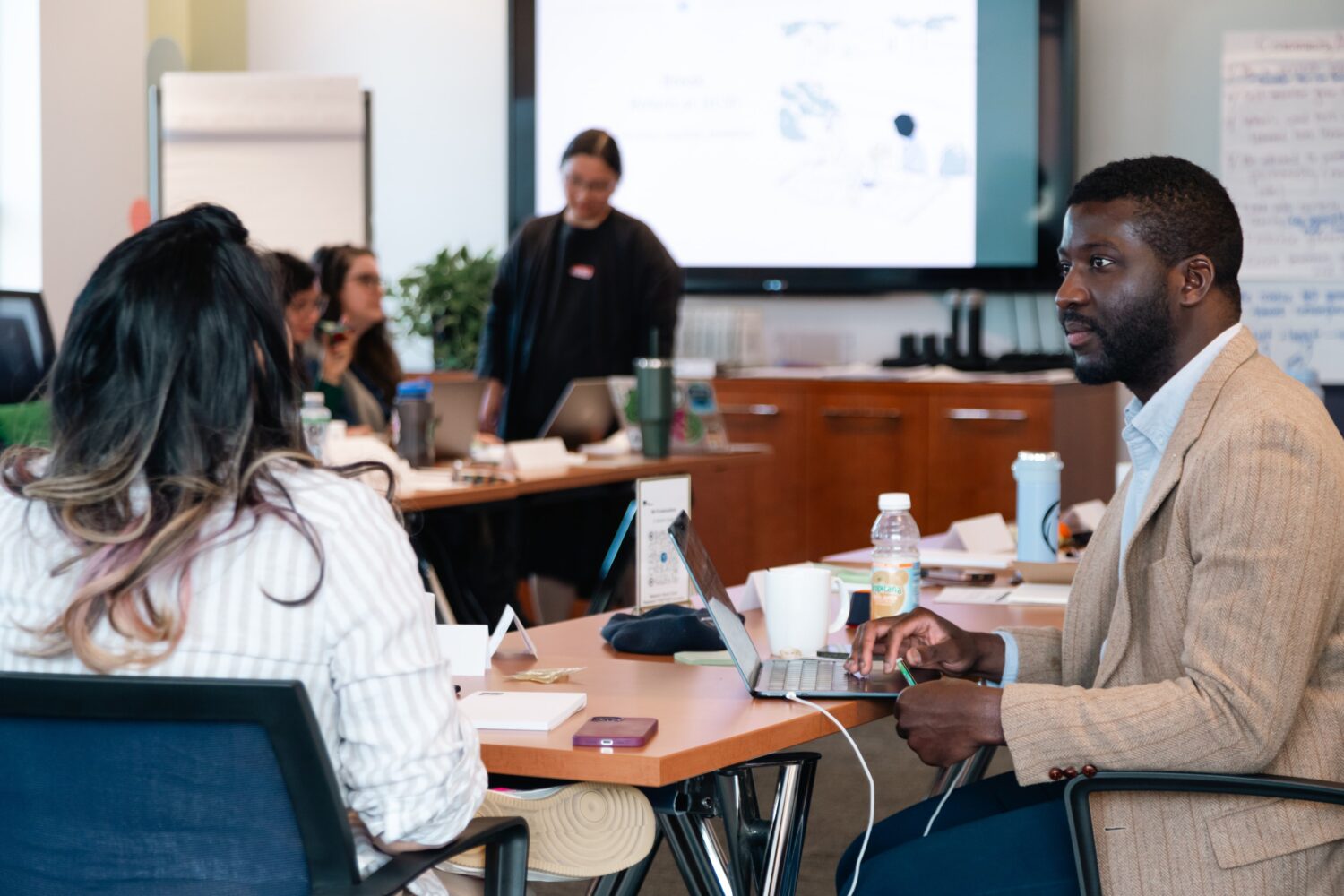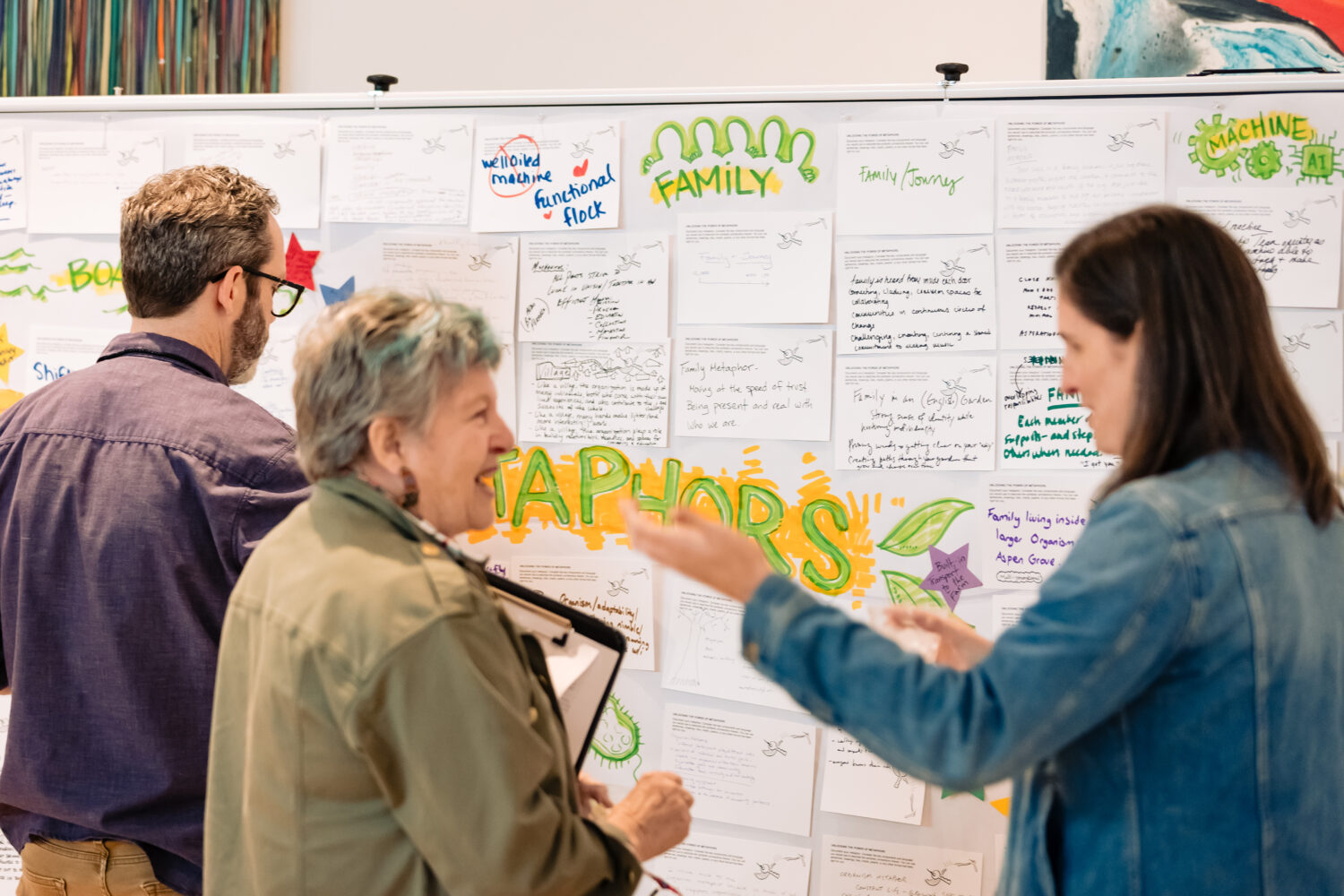As two of the largest grantmakers in Greater Boston, the Barr Foundation and the Boston Foundation share a longstanding commitment to the vibrant nonprofit sector in our region. To help this sector be as effective as it can be, our foundations also share the goal of increasing the number and influence of people of color serving among its leaders. We believe that the clearest insights, the most relevant solutions, and the most enduring impacts are propelled by leaders who bring firsthand experience, and who have forged deep relationships of mutual trust and respect among the people and communities where they work.
To build understanding of how our region is doing relative to this goal, we commissioned Building Movement Project to augment their national research on nonprofit leadership with a deep dive into Massachusetts – including a survey of more than 400 nonprofit leaders and employees, and a series of focus groups that were conducted shortly before the COVID-19 pandemic.
Among the principal findings of their resulting report – The Burden of Bias in the Bay State – is that Greater Boston’s nonprofit sector continues to face a substantial racial leadership gap. Furthermore, it asserts that, if we are not intentional about disrupting our biases, practices, and policies that reinforce this gap, we can only expect more of the same.
The Greater Boston region is rapidly becoming more diverse. The 2019 Changing Faces of Greater Boston report documents that people of color represent 32% of Greater Boston’s population, and 56% of people in the City of Boston. Yet, according to the 2017 Opportunity in Change report, 85% of Greater Boston nonprofit leaders identify as White. As the Building Movement Project discovered, this discrepancy persists even though nonprofit professionals of color are just as qualified as their White counterparts (in terms of professional experience and education attainment), and significantly more likely to express interest in becoming organizational leaders.

We are grateful for the Building Movement Project’s leadership on this critical challenge facing our sector, and for the dedication and generosity of the nonprofit professionals and leaders who participated in the survey and focus groups to inform our collective learning. The work before us is daunting but not unsurmountable and, as you will see in the report, by working together, real change is absolutely possible:
To review key findings, recent news, and to download the full report, click the button below:
We also encourage you to watch the recording of the release event (below), where the Building Movement Project co-directors Sean Thomas-Breitfeld and Frances Kunreuther presented the research, followed by a panel discussion featuring experienced nonprofit leaders of Boston-area nonprofits – Abrigal Forrester, Elaine Ng and David Shapiro – moderated by the City of Boston’s Chief of Equity, Dr. Karilyn Crockett.
